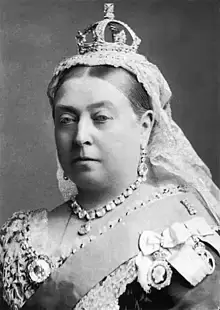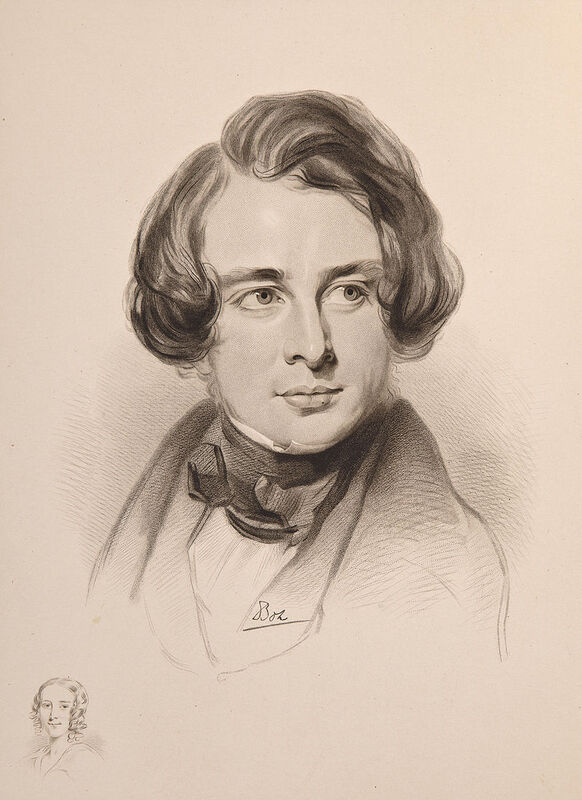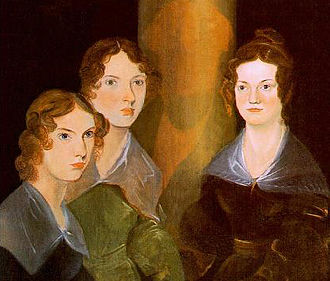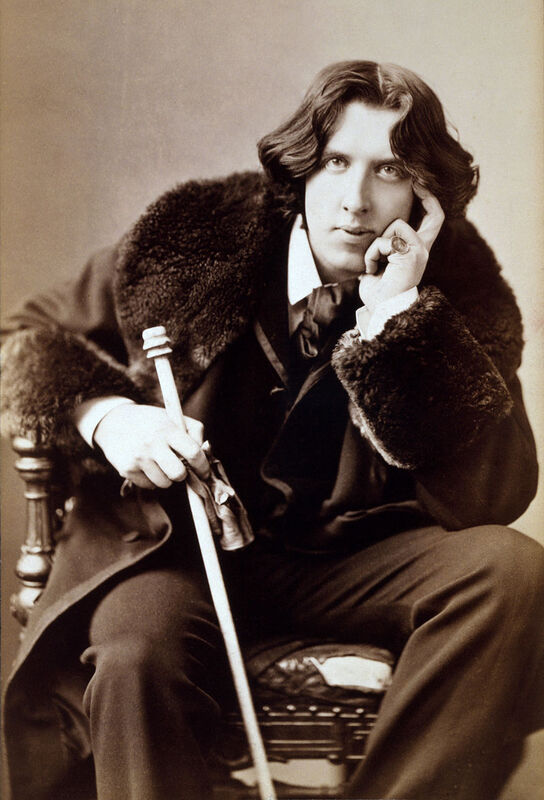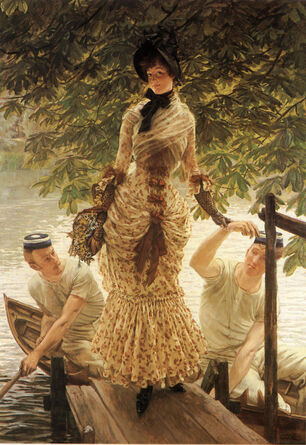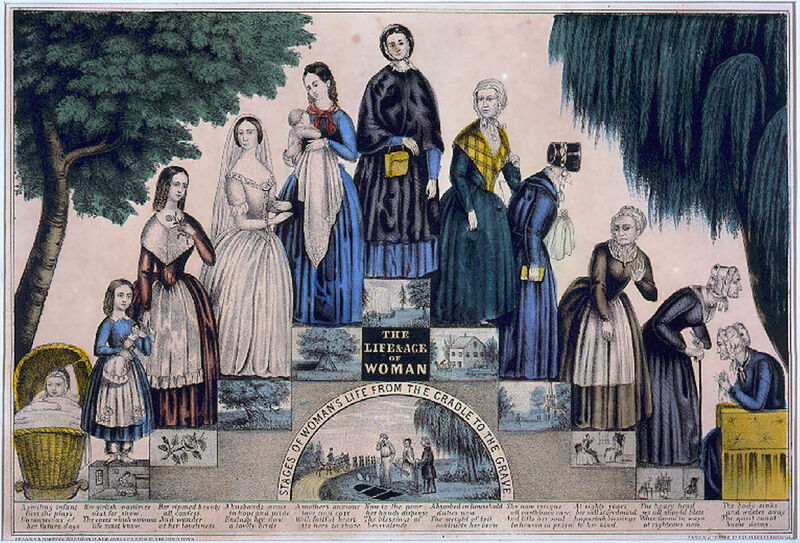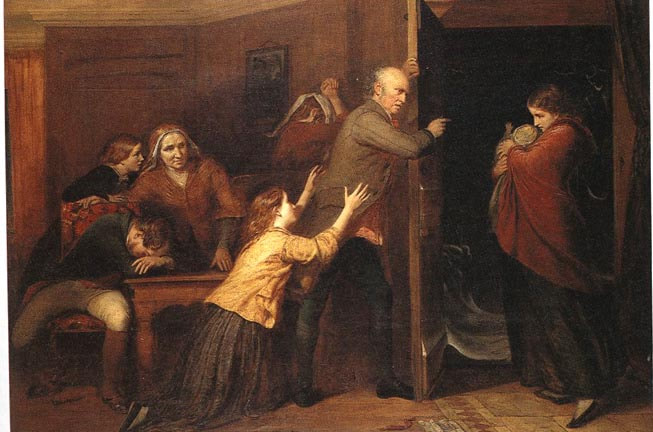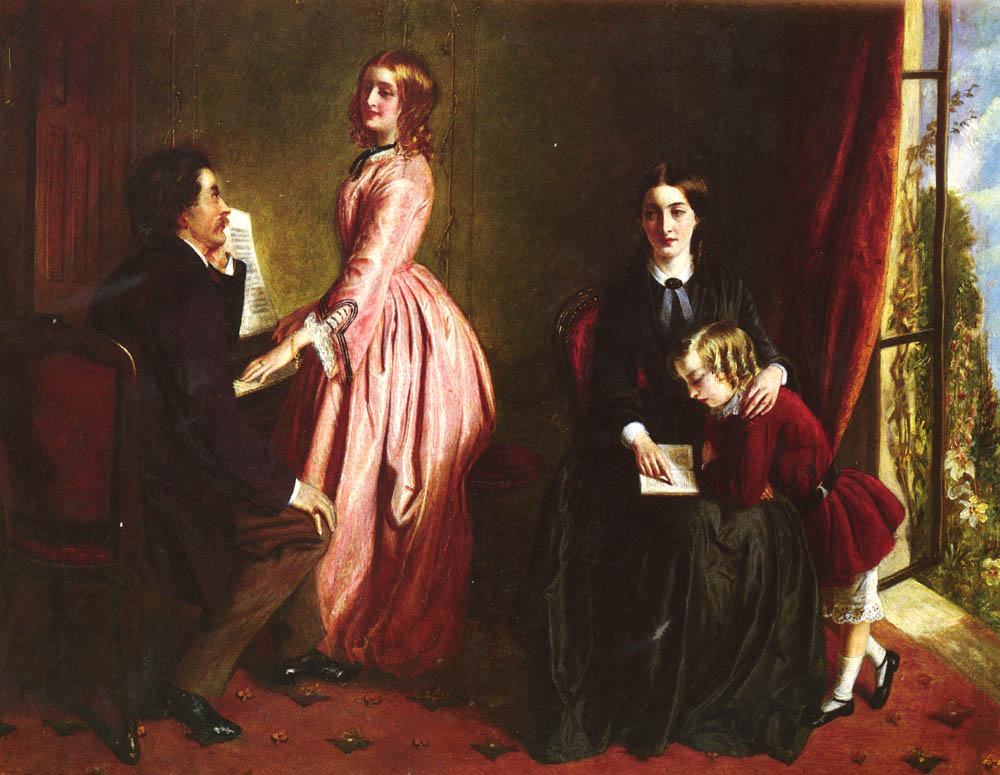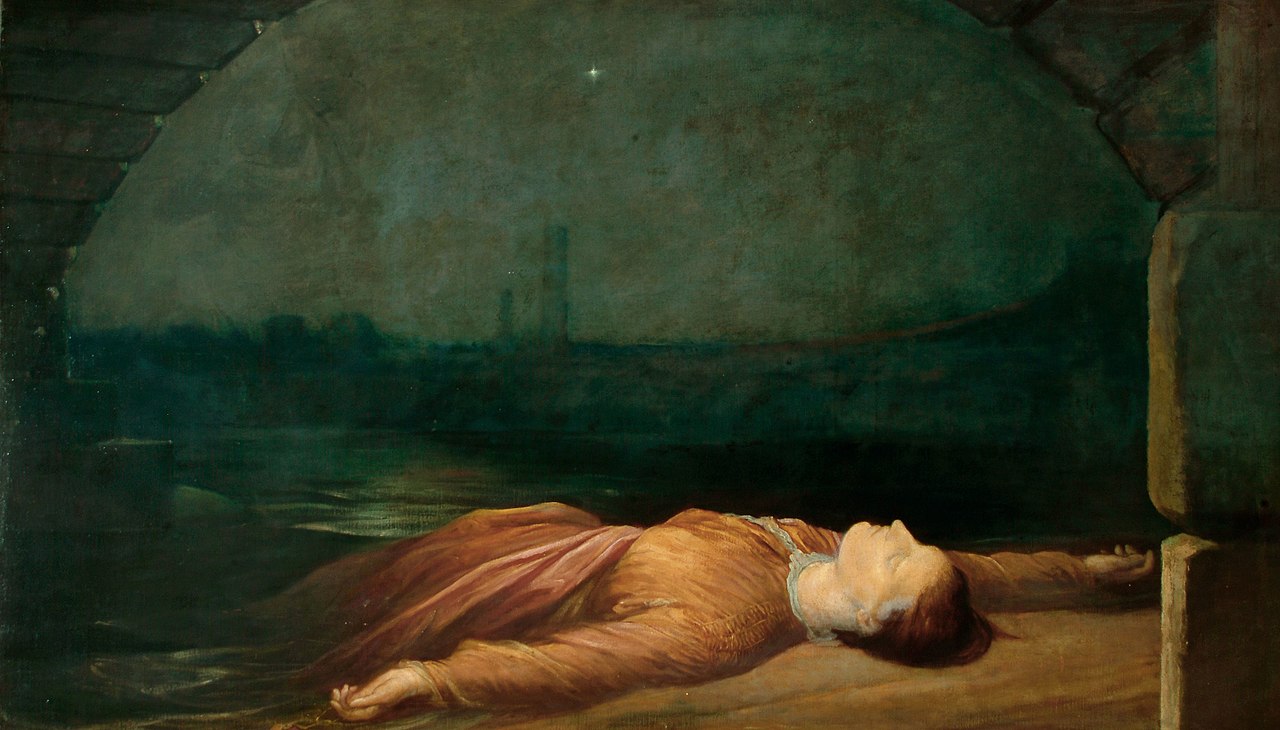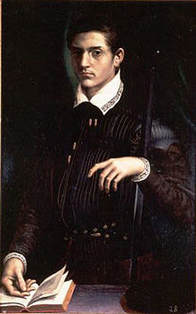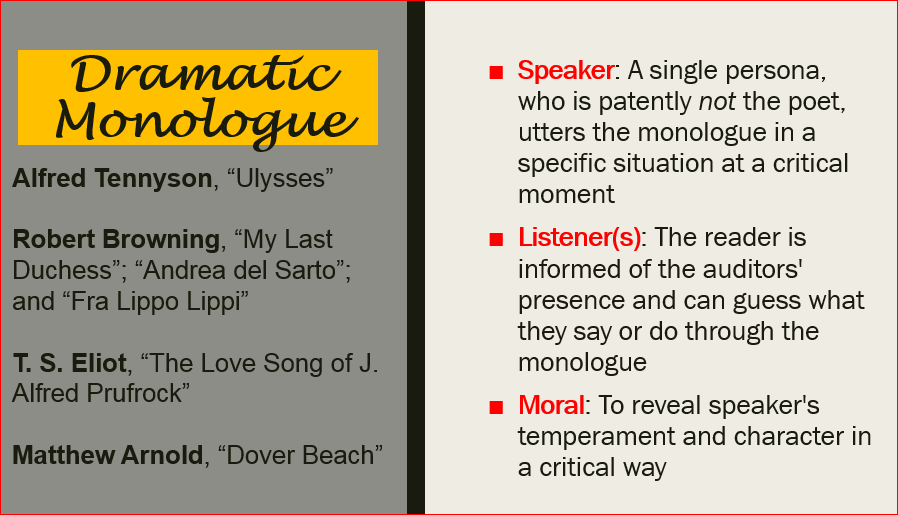An Overview of the Victorian Era
victorian_literature.docx
The Cost of Being a Victorian Woman
Objectification of the Female Body 11 Stages of a Woman's Life The Fallen Women
Governesses (women in the liminal space)
Imperialism and the Empire Where the Sun Never Sets (or what they say)
"The White Man's Burden" (Rudyard Kipling, 1899)
Take up the White Man’s burden--
Send forth the best ye breed--
Go bind your sons to exile
To serve your captives’ need;
To wait in heavy harness,
On fluttered folk and wild--
Your new-caught, sullen peoples,
Half-devil and half-child.
Take up the White Man’s Burden--
In patience to abide,
To veil the threat of terror
And check the show of pride;
By open speech and simple,
An hundred times made plain,
To seek another’s profit,
And work another’s gain.
Take up the White Man’s burden--
The savage wars of peace--
Fill full the mouth of Famine
And bid the sickness cease;
And when your goal is nearest
The end for others sought,
Watch Sloth and heathen Folly
Bring all your hope to nought.
Take up the White Man’s burden--
No tawdry rule of kings,
But toil of serf and sweeper--
The tale of common things.
The ports ye shall not enter,
The roads ye shall not tread,
Go make them with your living,
And mark them with your dead.
Take up the White Man’s burden--
And reap his old reward:
The blame of those ye better,
The hate of those ye guard--
The cry of hosts ye humour
(Ah, slowly!) toward the light:--
“Why brought ye us from bondage,
“Our loved Egyptian night?”
Take up the White Man’s burden--
Ye dare not stoop to less--
Nor call too loud on Freedom
To cloak your weariness;
By all ye cry or whisper,
By all ye leave or do,
The silent, sullen peoples
Shall weigh your Gods and you.
Take up the White Man’s burden--
Have done with childish days--
The lightly proffered laurel,
The easy, ungrudged praise.
Comes now, to search your manhood
Through all the thankless years,
Cold, edged with dear-bought wisdom,
The judgment of your peers!
In his 1899 poem, "The White Man's Burden," Kipling exhorts then the US Governor of New York Theodore Roosevelt to take up a more progressive (or aggressive) role in civilizing (or colonizing) the Filipinos. Kipling lionizes that enlightening the benighted natives with medicine, education, industry, and "freedom" is such a noble endeavor that any son of civilization ought to take "arms" and "sacrifice" himself. I hope my use of quotation marks conveys piquant irony.
1. How does Kipling characterize the native people of the "uncivilized" countries?
2. What are the particular British values Kipling celebrates in this poem?
3. How do the rhythm and rhyme scheme reinforce Kipling's moral in this poem?
For example, the cadence of Stanza 1 marches on like this:
Take up the White Man's burden--
Send forth the best ye breed--
Go bind your sons to exile
To serve your captives' need;
To wait in heavy harness,
On fluttered folk and wild--
Your new-caught, sullen peoples,
Half-devil and half-child. (1-7)
Every odd line scans with 3 iambs (that is, iambic trimeter) with an extra unstressed syllable while every even line scans with iambic trimeter. A metrical foot (=meter) that consists of unstressed--stressed--unstressed syllables (for example, as in "al-low-ance")
is called amphibrach. So, I might say each stanza employs the alternation of iambic dimeter with an amphibrach and iambic trimeter, which is quite unusual rhythm.
And yet, Kipling regimentally repeats this cadence throughout the seven stanzas. What poetic effect do you think such oddly regimental rhythm creates?
"God's Grandeur" (Gerard Manley Hopkins, 1877)
The world is charged with the grandeur of God.
It will flame out, like shining from shook foil;
It gathers to a greatness, like the ooze of oil
Crushed. Why do men then now not reck his rod?
Generations have trod, have trod, have trod;
And all is seared with trade; bleared, smeared with toil;
And wears man's smudge and shares man's smell: the soil
Is bare now, nor can foot feel, being shod.
And for all this, nature is never spent;
There lives the dearest freshness deep down things;
And though the last lights off the black West went
Oh, morning, at the brown brink eastward, springs--
Because the Holy Ghost over the bent
World broods with warm breast and with ah! bright wings.
Sprung rhythm is a metrical system devised by Gerard Manley Hopkins that is composed of one- to four-syllable feet that start with a stressed syllable. The spondee replaces the iamb as a dominant measure, and the number of unstressed syllables varies considerably from line to line. According to Hopkins, its intended effect was to reflect the dynamic quality and variations of common speech, in contrast to the monotony of iambic pentameter. Although there have been few poets who practiced sprung rhythm, the spirit and principles of sprung rhythm influenced the rise of free verse in the early 20th century.
"The Windhover: to Christ Our Lord" (Gerard Manley Hopkins, 1877)
I caught this morning morning’s minion, king-
dom of daylight’s dauphin,dapple-dawn-drawn Falcon, in his riding
Of the rolling level underneath him steady air, and striding
High there, how he rung upon the rein of a wimpling wing
In his ecstasy! Then off, off forth on swing,
As a skate’s heel sweeps smooth on a bow-bend; the hurl and gliding
Rebuffed the big wind. My heart in hiding
Stirred for a bird--the achieve of, the mastery of the thing!
Brute beauty and valor and act, oh, air, pride, plume, here
Buckle! And the fire that breaks from thee then, a billion
Times told lovelier, more dangerous, O my chevalier!
No wonder of it; shéer plód makes plow down sillion
Shine, and blue-bleak embers, ah my dear,
Fall, gall themselves, and gash gold-vermillion.
I have scanned the first three lines of this sonnet. Please try to read this sonnet using sprung rhythm.
"My Last Duchess" and a Parody Poem
Parody: a comic imitation of another author's work or characteristic style
"My Last Duchess" (Robert Browning, 1842)
|
"My Ex-Husband" (Gabriel Spera, 1992)
|
